
Find out more about the previous studies CODA has conducted

The JITAI study evaluated whether personalized messages delivered via a mobile app improve mood and stress for people who provide support or assistance (caregivers) to individuals with traumatic brain injury.

The PRO-HD study helped researchers learn more about how chorea affects symptoms (like sleep and worry) and functioning (like physical activity and speaking) in people with Huntington disease (HD).

The Accelerating Synergy study helped researchers evaluate a new mobile app they developed to help improve the well-being of people who provide support or assistance (caregivers) to individuals with a spinal cord injury, Huntington disease, or hematopoietic cell transplant (bone marrow or stem cell) recipients.
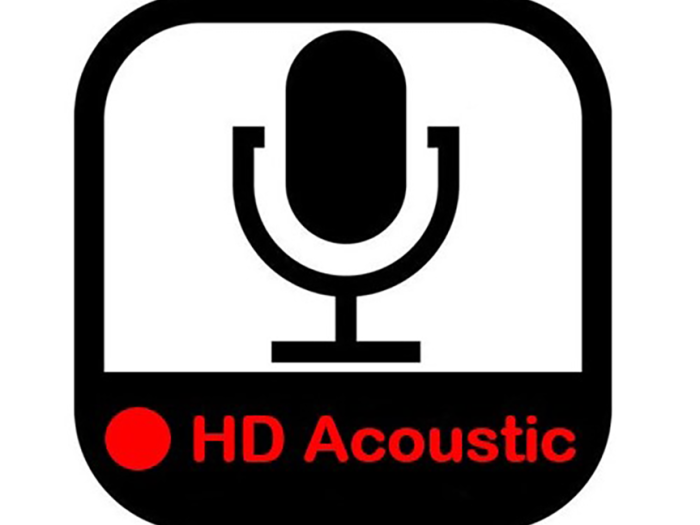
The HD Acoustic Feasibility Study examined the day-to-day variability of speech and its relationship to health-related quality of life in people with Huntington disease (HD).

The HD Ecological Momentary Assessment Pilot Study assessed the day-to-day variability of self-reported symptoms (mood, functioning, and sleep) in people with Huntington disease (HD).
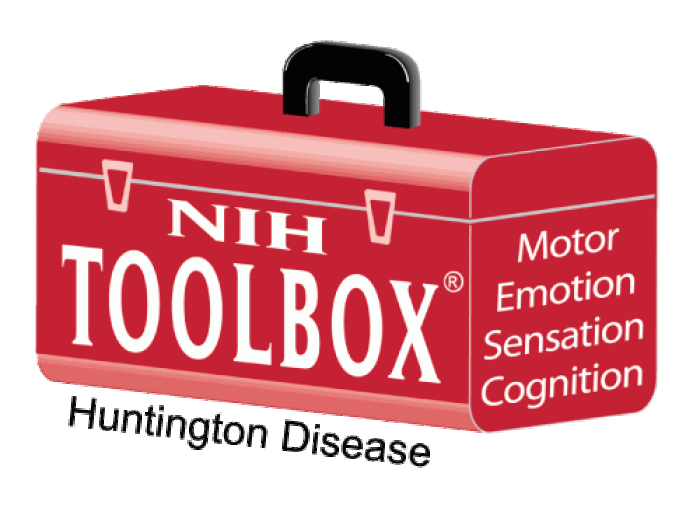
The HD Toolbox Study evaluated new quality-of-life, cognitive, sensory, motor, and emotional functioning tools in individuals with Huntington disease (HD).
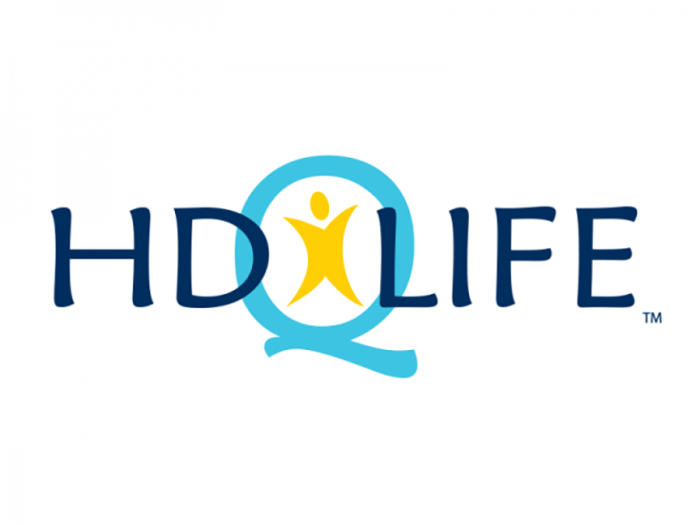
The HDQLIFE study developed new health-related quality-of-life measures for individuals living with Huntington disease. See HDQLIFE.com or healthmeasures.net for more details.
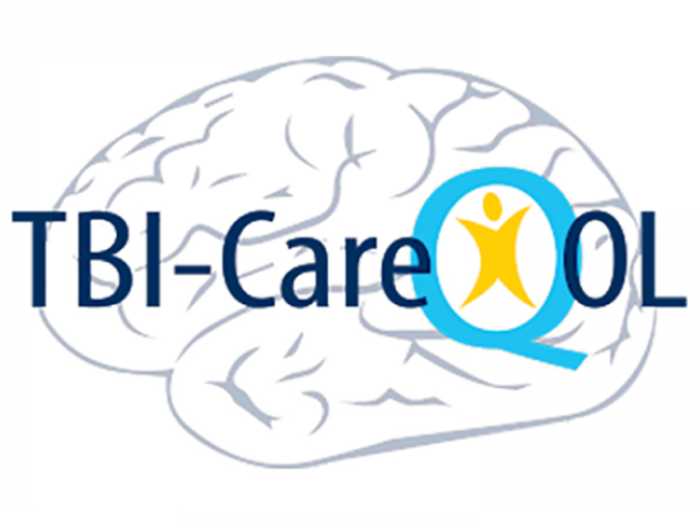
The TBI-CareQOL study developed new health-related quality-of-life measures for care partners of individuals with traumatic brain injury. See TBICareQOL.com or healthmeasures.net for more details.

The Test-Retest Study evaluated the test-retest reliability of the newly developed HDQLIFE measures.
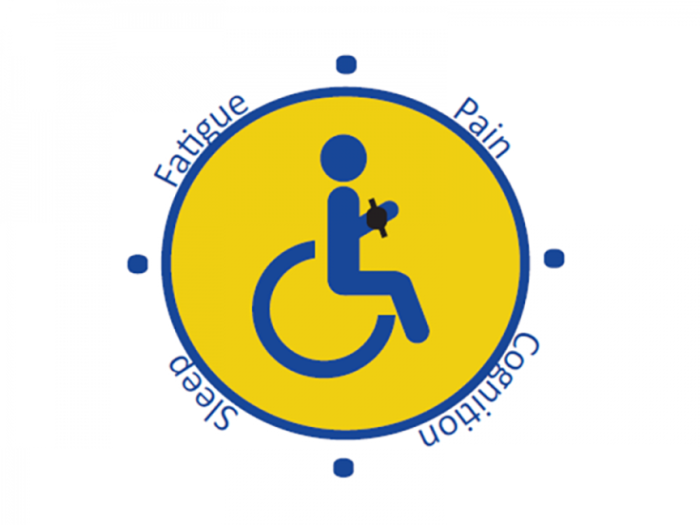
The SCI Sleep Study evaluated how sleep quality affects day-to-day symptoms of fatigue, pain, thinking, and functioning in individuals with spinal cord injury (SCI) through the use of surveys, text messaging, and a wrist-worn sleep and activity monitor.